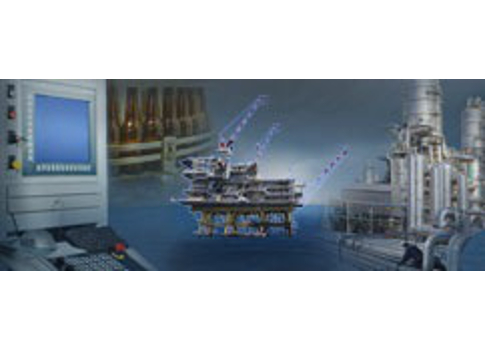Alarm rationalization is a step that should be taken to avoid the generation of unnecessary alarms. Otherwise the alarm may end up of the alarm list and stay there for a while.

To alarm or not to alarm? That is the question. There are many control room alarm screens with alarms that are hours, days, and sometimes weeks old. Why did these alarms show up on the screens if they were not important enough to address at the time they occurred? Was the operator in a hurry to acknowledge the alarm to stop the horn? Are there so many alarms that come in that the operator is overwhelmed by the number of alarms that come in. Are there multiple alarms for the same signal or occurrence? Is the alarm just not that important?
Alarm rationalization is a step that should be taken to avoid the generation of unnecessary alarms. The controls design team should review what alarms they want and the level of importance each alarm has. In each alarm case there should be a good reason why the alarm was created or exist. There should also be an action plan for what to do if the alarm occurs. If no action or response will be taken for an alarm, than the alarm probably should not be generated. There are some cases where you want to know that an event has occurred, but again there should be a clearly defined action or response for the operator to follow. Otherwise the alarm may end up of the alarm list and stay there for a while.
Most design efforts try to rationalize alarms in the design phase of a project, and then for some reason unnecessary alarms still end up being generated. For the operator’s sake and as a good practice, make sure that a good alarm rationalization process is followed and reviewed. People do not like dealing with hundreds of alarms if they are meaningless. This will also save time and effort during development as this will eliminate unnecessary work.
This post was written by Jeff Wood. Jeff is a senior engineer at MAVERICK Technologies, a leading automation solutions provider offering industrial automation, strategic manufacturing, and enterprise integration services for the process industries. MAVERICK delivers expertise and consulting in a wide variety of areas including industrial automation controls, distributed control systems, manufacturing execution systems, operational strategy, business process optimization and more.
MAVERICK Technologies is a CSIA member as of 3/20/2015



